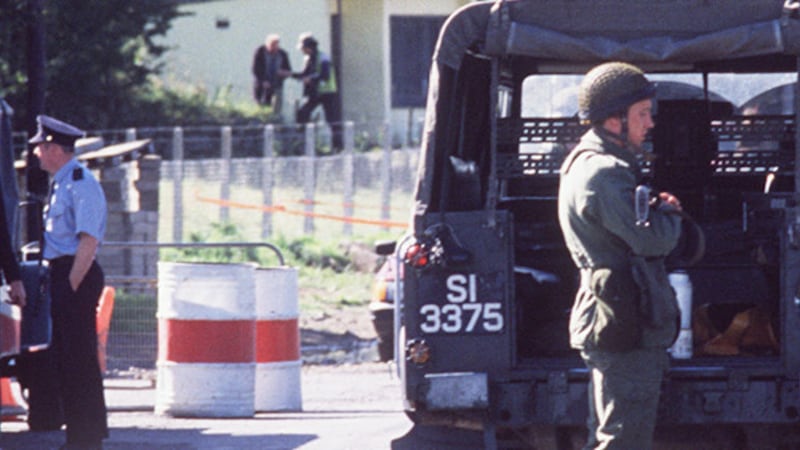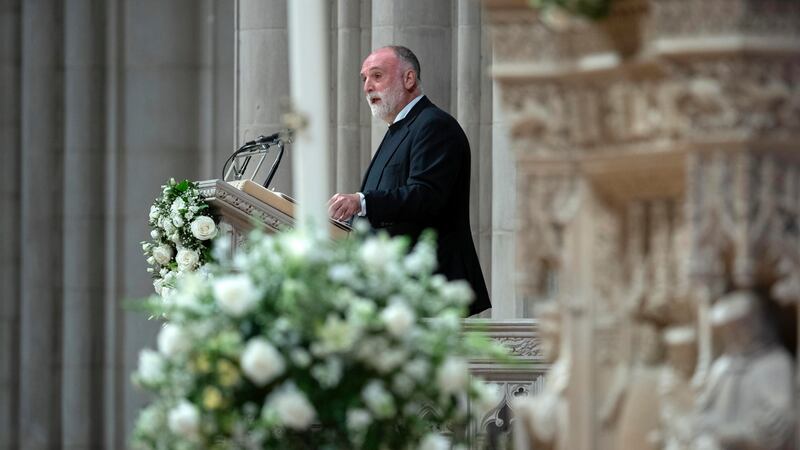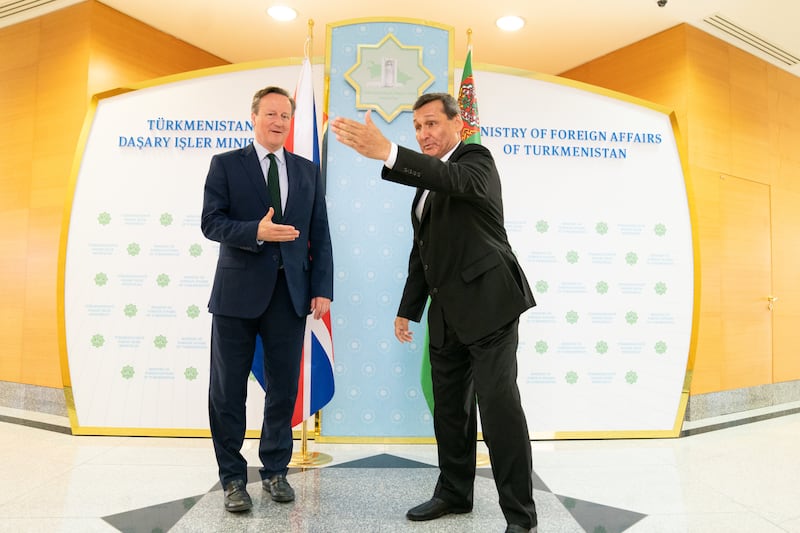A Brexit hard border in Ireland would place police officers "in the terrorist firing line", it has been warned.
Head of the Northern Ireland Police Federation Mark Lindsay said physical border posts would make officers easy targets for terrorists and harm police/community relations.
"By definition hard Brexit is physical barriers or boundaries.
"No matter who is resourcing them, whether Customs and Excise, the Border Agency, there's always going to be some element of security threat around it given the nature of the areas that we will see those put up in.
"That will then become incumbent on the police to provide that protection for those agencies," said Mr Lindsay.
He added: "That puts our officers into the firing line. Their patterns become very predictable.
"It makes them a very predictable target for anybody who wants to attack them from a terrorist point of view. That is our main concern."
During the Troubles there were military checkpoints on main border crossings and security forces made the remaining crossings impassable.
By 2005, in phase with implementation of the 1998 Good Friday Agreement, these controls were removed.
Sinn Fein leader Gerry Adams has claimed leaving the EU will destroy the Good Friday Agreement (GFA).
However, the British government has insisted there will be "no return to the border's of the past " and that no elements of Brexit will undermine the terms of GFA.
Mr Lindsay said it would be very difficult to go back to the hard border of the Troubles in a peaceful society.
"I can't see it happening again. It would be very difficult to pull that back in a peaceful society ... A lot of communities straddle the border and to start blocking their roads again would come up against real problems.
"That would create problems for the statutory agencies in trying to police that, whether customs, border agencies or the police.
"There would certainly be opposition from some of those border communities to having their communities divided like that.
"It would be a step backwards from a policing point of view. I would also be concerned about the impact it would have on community policing," he said.
Mr Lindsay also raised concerns about the impact a hard border could have on increasingly stretched police resources.
"You would have to have additional resources put down along the actual border itself. We don't have the resources at the moment to do this.
"We have consistently said we are well short of the numbers we need for a normal society. From a resourcing point of view we would be really stretched to cover that.
"The other problem then is that we would have inadequate resources being deployed along there which presents its own risk.
"At the minute, nobody really knows what's happening.
"The police will have to pick up whether its a soft or hard border."








